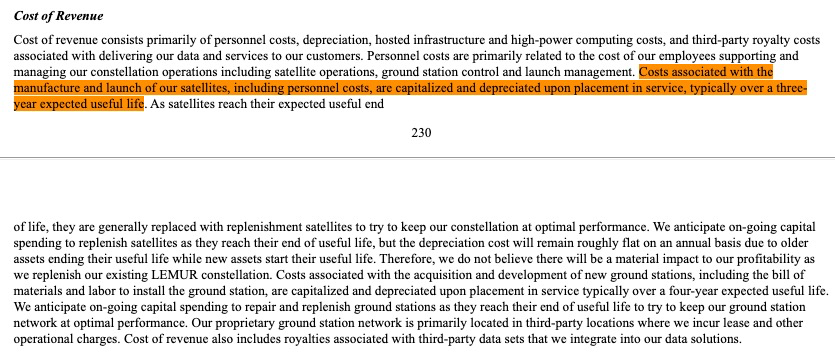
According to this video, there are historic shareholders in #SpaceX that are monetising their investment in SpaceX by peddling it in small bits to small cheque investors.
1/9
1/9
The youtuber shares his story, how he was approached by a "buddy" from a Tesla investors group to partake in the opportunity to buy SpaceX shares, "this is the opportunity of a lifetime", but it is not "official" and comes with unusual conditions attached. Let's have a look.
2/9
2/9
Condition 1) invest at the blink of an eye without any information "you have to wire the money in 2 days" without "any documentation" attached to the investment "no powerpoint from SpaceX", nothing, "i didn't even see the numbers"
3/9
3/9
Condition 2) invest with no guarantee that you are buying SpaceX stock "you're wiring money to some back account with no proof of anything" - "like, I'm not even sure I bought into SpaceX"
4/9
4/9
Condition 3) The deal is at "420$/share with a 20% carry and 1% upfront fee" meaning that "20% of the profit over the 420$/share will go the people who sold me this" - this seems rather typical of the Two & Twenty fee arrangement. investopedia.com/terms/t/two_an…
5/9
5/9

For this investor "it looked legit, it looked reputable" so he explains that he eventually took a 200k$ private loan with his "mentor", "at a reasonable rate", to fund this investment.
6/9
6/9
SpaceX is an unlisted company, and is only allowed to sell shares to accredited investors. The mechanism described in this video is very unusual. I am no specialist, but I wonder how it can be legal to sell unregistered stock like this.
7/9
investopedia.com/terms/a/accred…
7/9
investopedia.com/terms/a/accred…

I wonder whether this youtuber is "financially sophisticated" enough to justify a reduced need for regulatory protection? He eventually got himself in 200k$ debt (admittedly more than his current portfolio value) just to buy SpaceX stock. With no guarantee of any sort.
8/9
8/9
He seems to be very enthusiastic though, so all good for him. It would be interesting to know how many such opportunities are being offered on SpaceX stock.
9/9
9/9
• • •
Missing some Tweet in this thread? You can try to
force a refresh
















